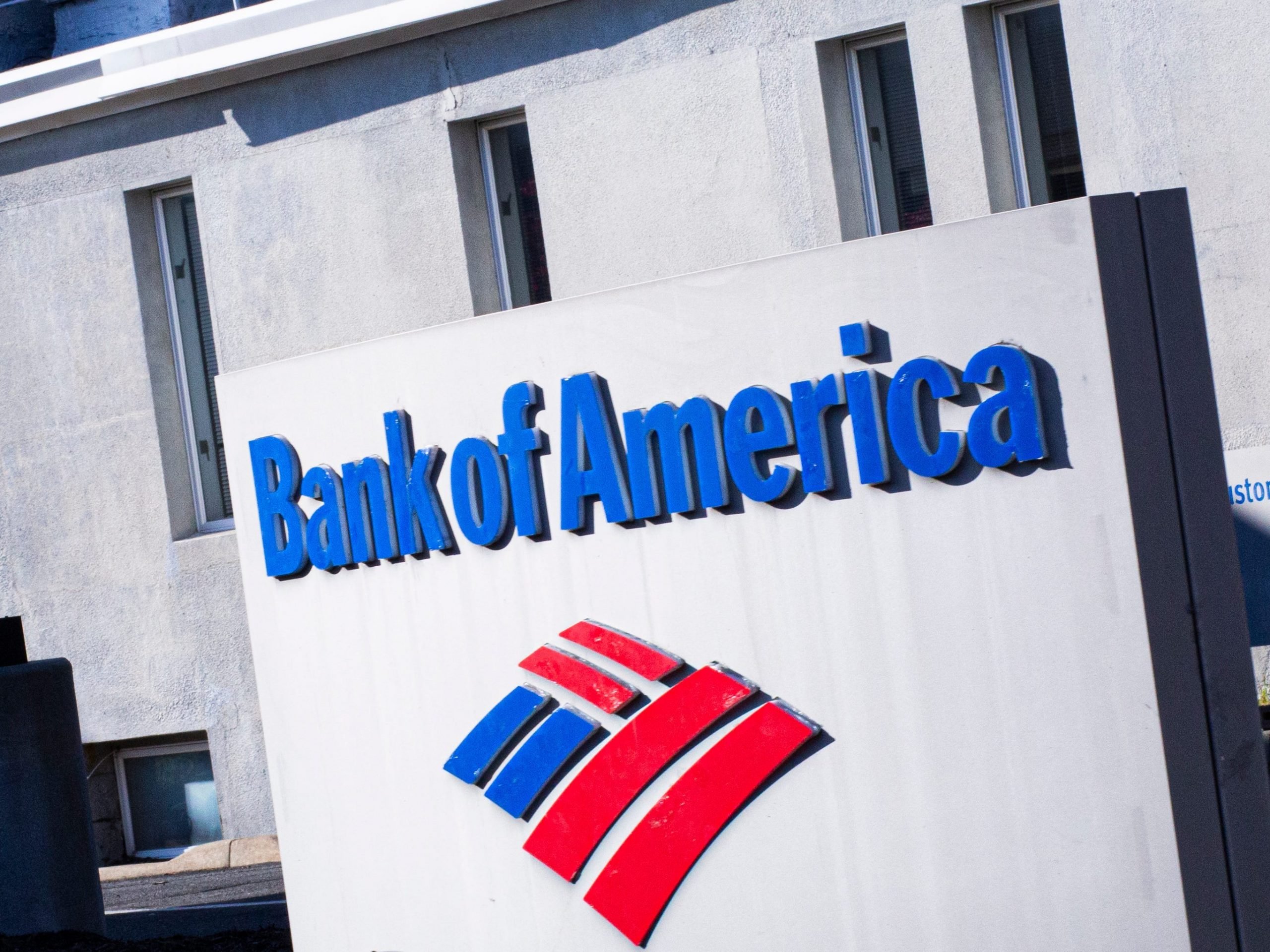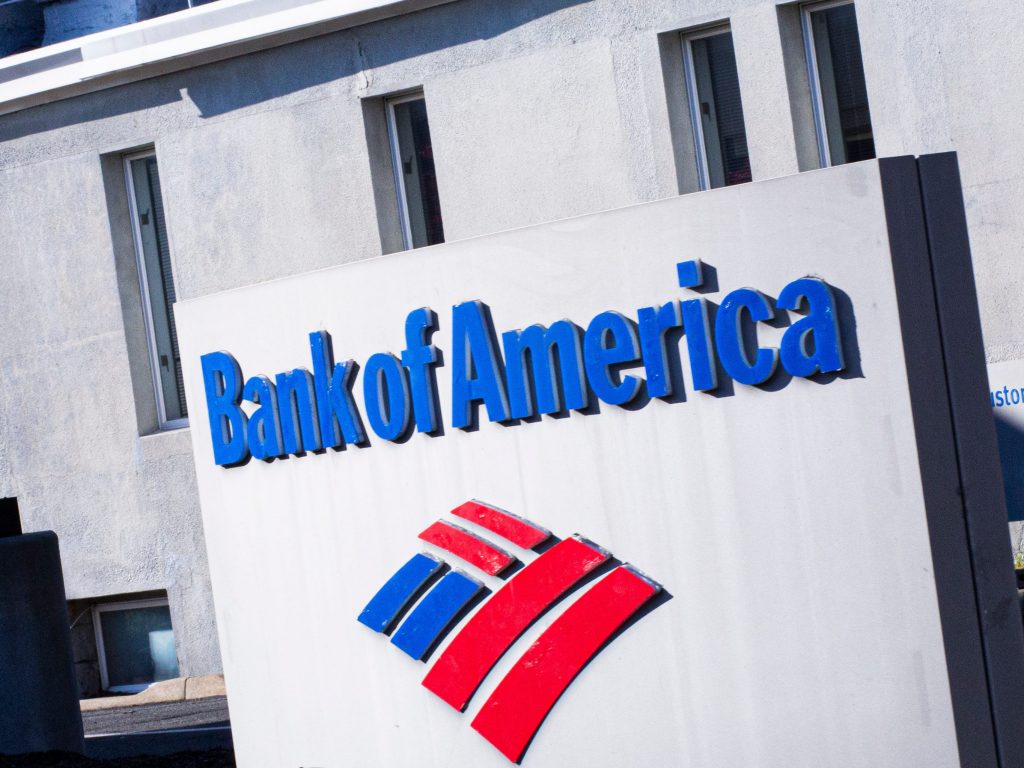
Kena Betancur/ VIEWpress via Getty Images)
- Bank of America announced it is increasing its minimum wage to $25 an hour by 2025.
- This will mark a 121% wage increase for the bank since 2010, most recently raising the hourly wage to $20.
- Other large companies, like Amazon and McDonald's, have also raised their minimum wages.
- See more stories on Insider's business page.
Bank of America, one of the US' largest banks, announced on Tuesday that it will be increasing its hourly minimum wage to $25 by 2025.
"A core tenet of responsible growth is our commitment to being a great place to work which means investing in the people who serve our clients," Sheri Bronstein, chief human resources officer at Bank of America, said in a statement. "That includes providing strong pay and competitive benefits to help them and their families, so that we continue to attract and retain the best talent."
Along with the wage increase, the bank also announced it would require all of its US vendors to pay their employees at or above $15 an hour, which, according to the press release, has helped more than 99% of the company's more than 2,000 US vendor firms pay their employees at or above $15 an hour.
-Bank of America News (@BofA_News) May 18, 2021
This means that since 2010, the bank will have increased its minimum wage by more than 121% – in 2019, the wage rose to $17 an hour, and in 2020, the wage rose to $20 an hour.
This wage increase comes at a time when other major companies are raising their minimum wages. For example, Insider reported that Amazon is offering $17-per-hour starting pay and $1,000 signing bonuses, McDonald's is shifting its minimum wage to between $11 and $17 an hour, and Walmart recently boosted pay for 425,000 frontline workers.
The wave of corporations increasing their minimum wages follows Democrats' attempt - and failure - to raise the federal minimum wage to $15 an hour by 2025. Led by Sen. Bernie Sanders of Vermont, Democrats wanted to include a provision to raise the wage in President Joe Biden's American Rescue Plan, but it was struck down by the Senate parliamentarian.
The American Rescue Plan, however, did include an expansion of federal unemployment benefits through September, which Insider reported is functioning as a "shadow minimum wage," competitive with the average wage in most states. While it is unclear exactly why the reopening economy faces a labor shortage, as seen with April's jobs report falling significantly short of expectations, a changing mentality among American workers of an acceptable wage is surely part of the story.
"Do you know of anyone who can live on $7.25 an hour? No, you don't, because it is a starvation wage," Sen. Bernie Sanders of Vermont wrote on Twitter last week. "We've got to end that absurdity and finally raise the federal minimum wage to at least $15 an hour."
